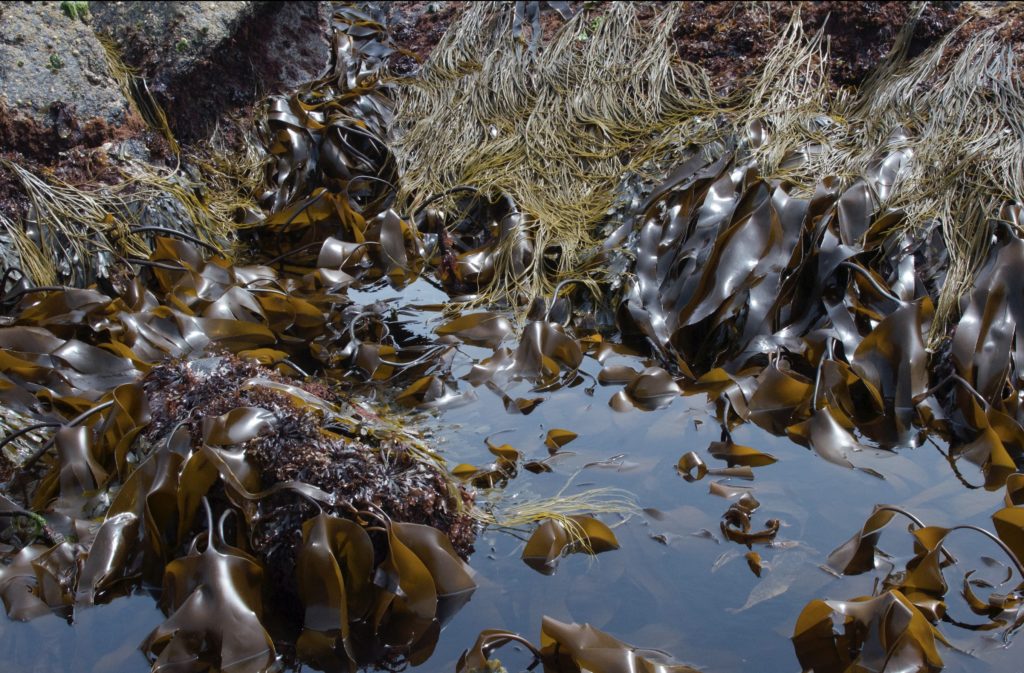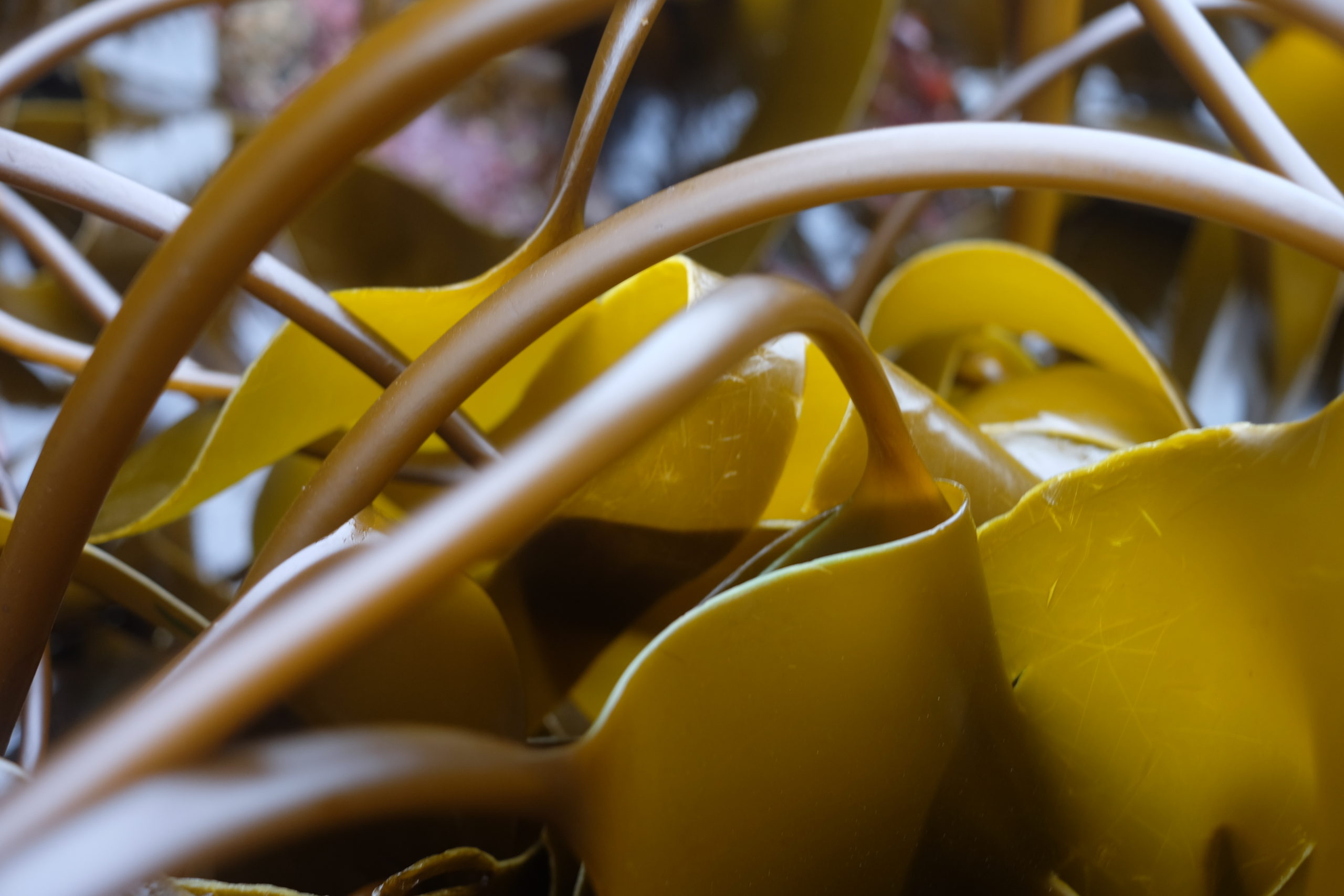Dr Tomas Chaigneau tells us about his research with co-applicants Giulia Nicolini, Kerry Holbrook, and Ruth Klückers, investigating the role of communities in Cornwall’s seaweed farming industry. Their use of the 2024-25 Engaged and Participatory Research Fund helped to incorporate stakeholder perspectives, and engage both industry professionals and local communities in this project.
Amount of award: £8500
Despite growing interest in the environmental, social and economic benefits of seaweed farming on the Cornish coast, recent efforts have failed due to a lack of support and community engagement. Through this project, we explored how coastal communities could be meaningfully involved in seaweed farm planning, application and licensing processes.
We conducted in-depth interviews with diverse stakeholders, including current and prospective seaweed farmers, regulatory bodies, local residents, and community groups based in Portscatho and Port Isaac. These interviews were designed to help us understand and improve licensing processes and develop further guidance, while exploring community perspectives on Cornwall’s seaweed farming industry.
Using Engaged and Participatory Research Funding, the project began with a literature review, followed by our main data collection through in-depth interviews. Working with community members and regulatory stakeholders, these interviews were analyzed to identify themes around support or resistance to the seaweed farming industry. In our final interviews with regulatory bodies, we also included dissemination components that would ensure all outputs were relevant to our target audience.

The research provided us with a nuanced understanding of the perceived social and environmental impacts, and linked research on marine protected areas with seaweed farms. It also supported The Seaweed Institute’s community research skill development, covering crucial areas such as research ethics, participatory methods, and interviewing techniques. Not only have the implementers and managers of seaweed farms received further details from our research, but communities have benefitted as well. The recommendations we have made emphasize deeper community engagement and the need for social justice considerations throughout the planning, implementation, and management phases.
Originally, we had planned workshops to further develop our understanding of stakeholder perspectives. However, due to the contentious nature of the topic, this had to be adapted. Instead, the team conducted anonymous, in-depth individual interviews, which allowed participants to speak freely without group pressure or conflict risk.
Moving forward, we plan to firstly create a comprehensive report following on from our research, including recommendations formed from literature reviews and stakeholder interviews. We are also keen to develop a policy brief, as well as an opinion piece for “The Conversation” which would target both the academic community and wider public. We anticipate continued engagement with seaweed regulators in the future, and are keen to build on the conversations that took place as part of this project.

